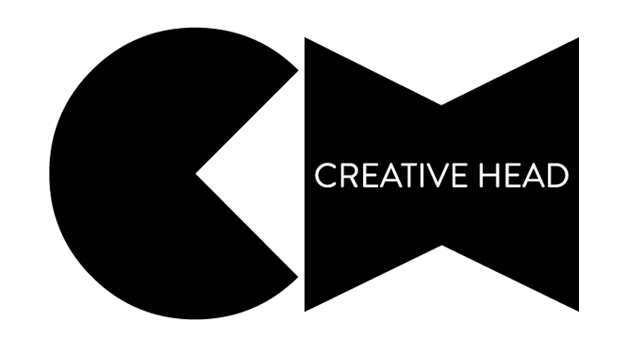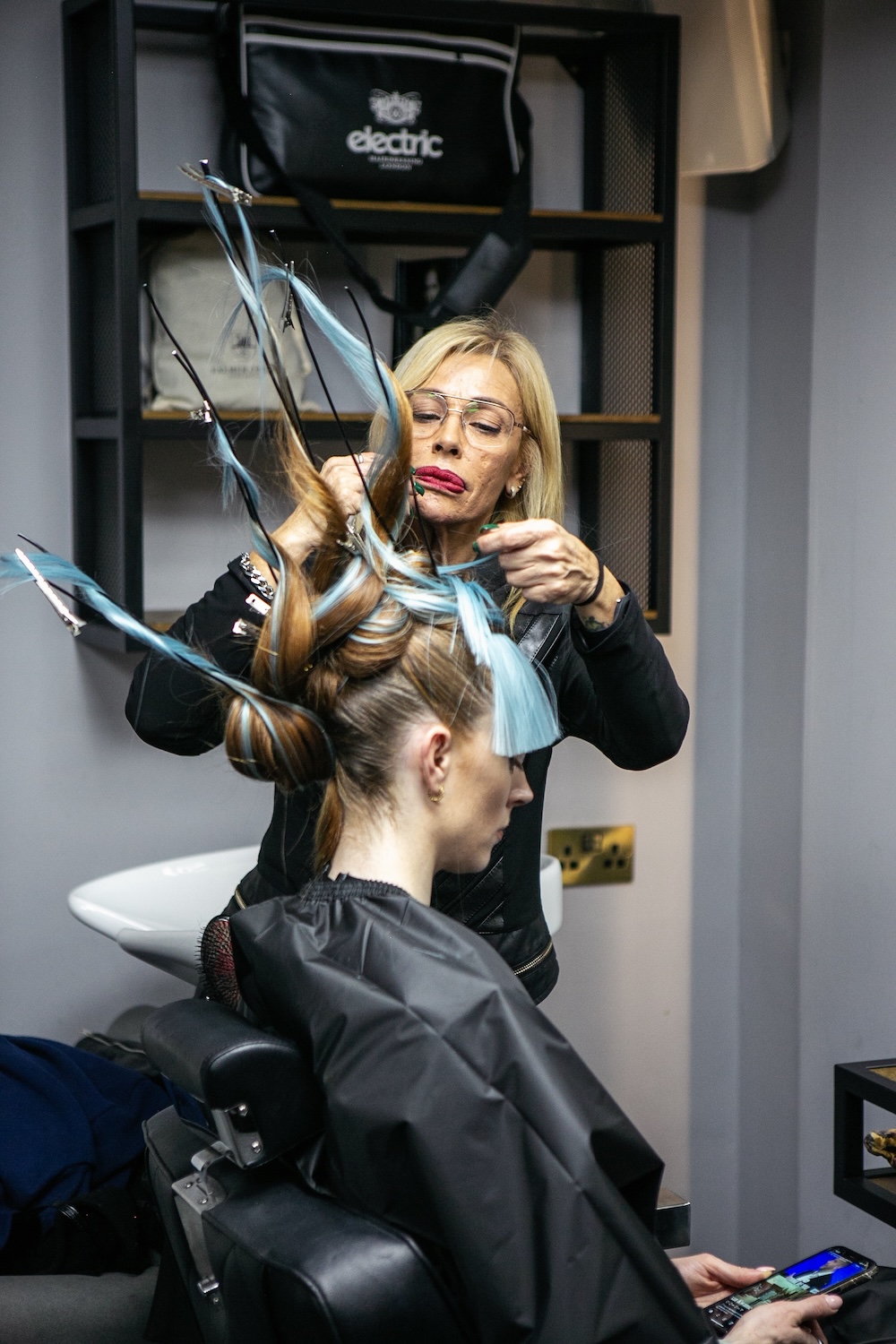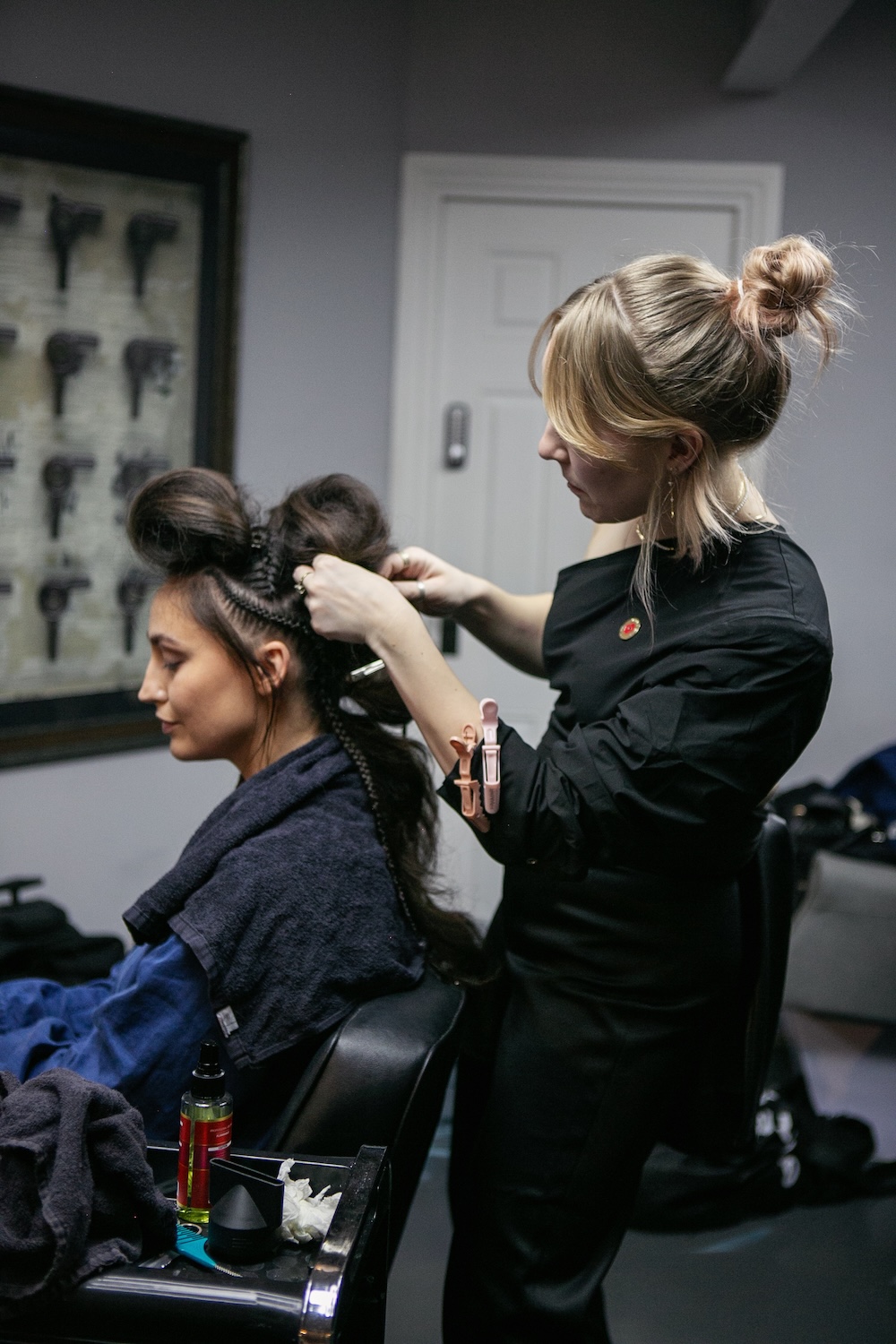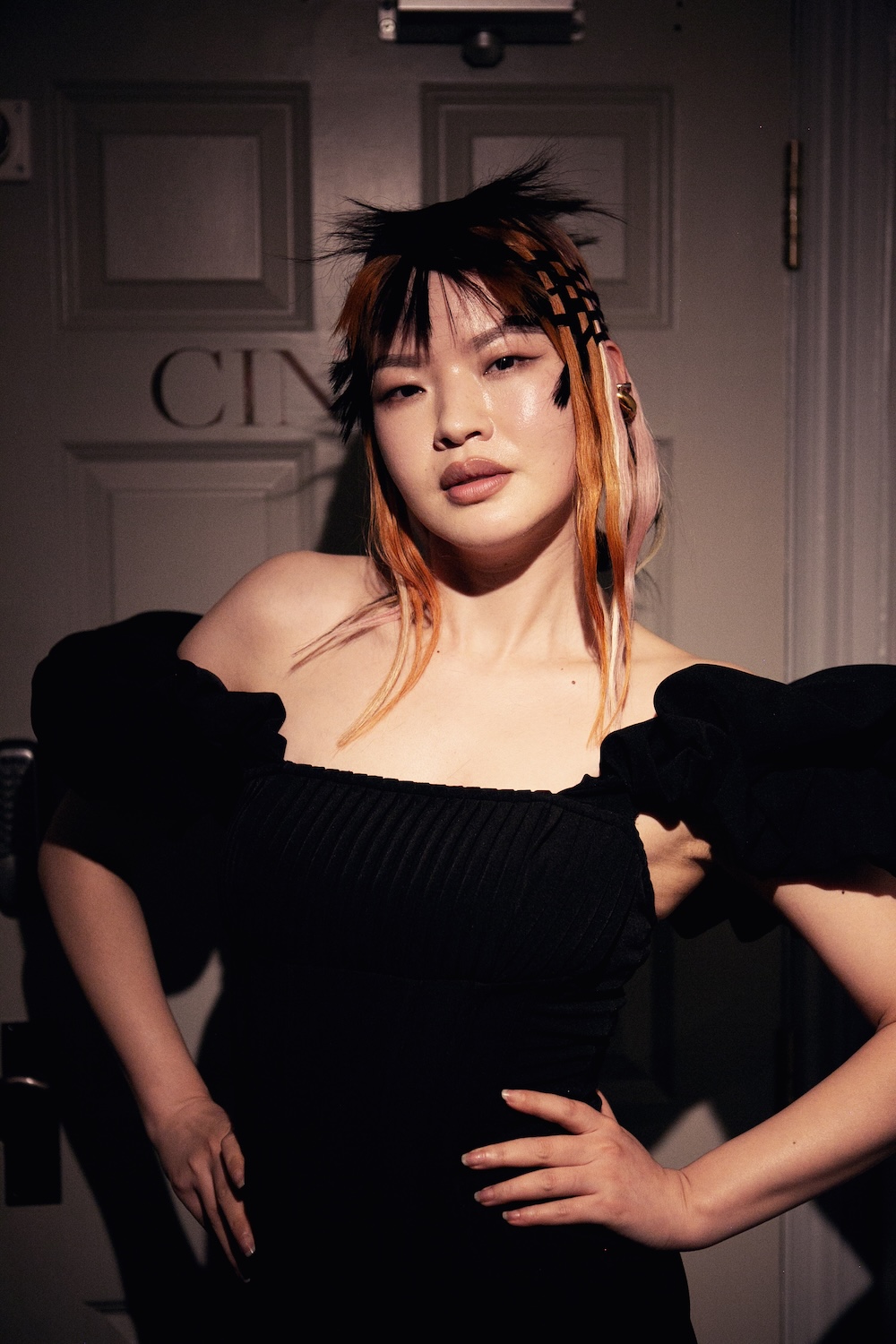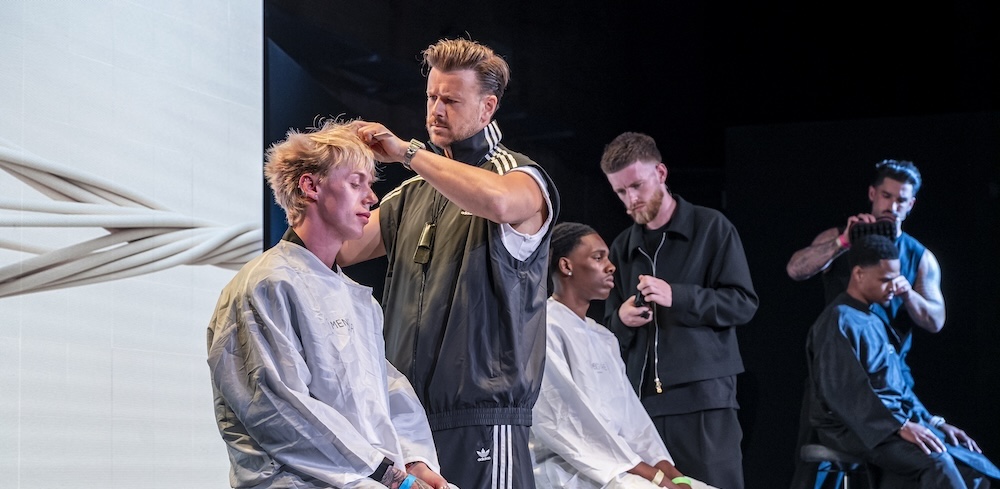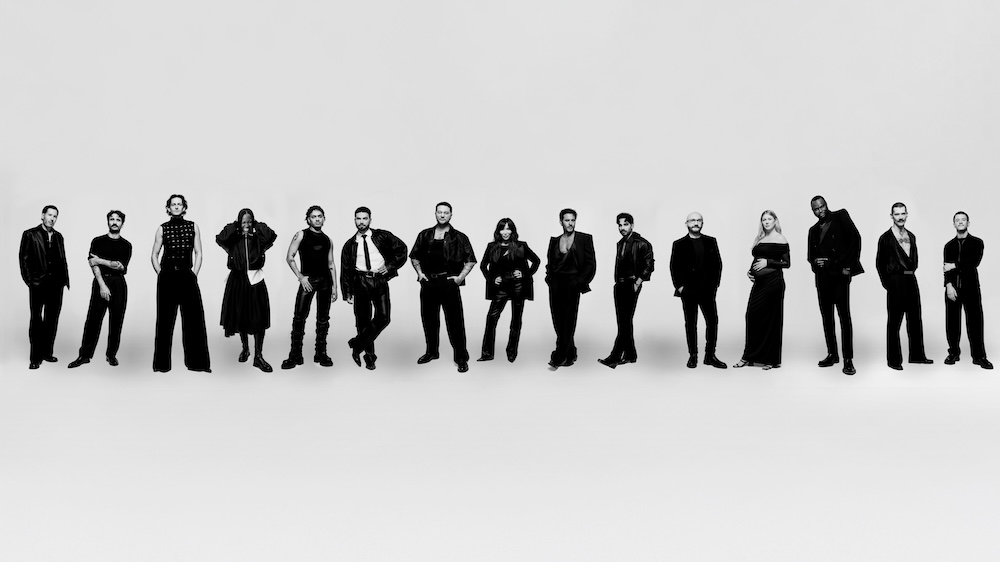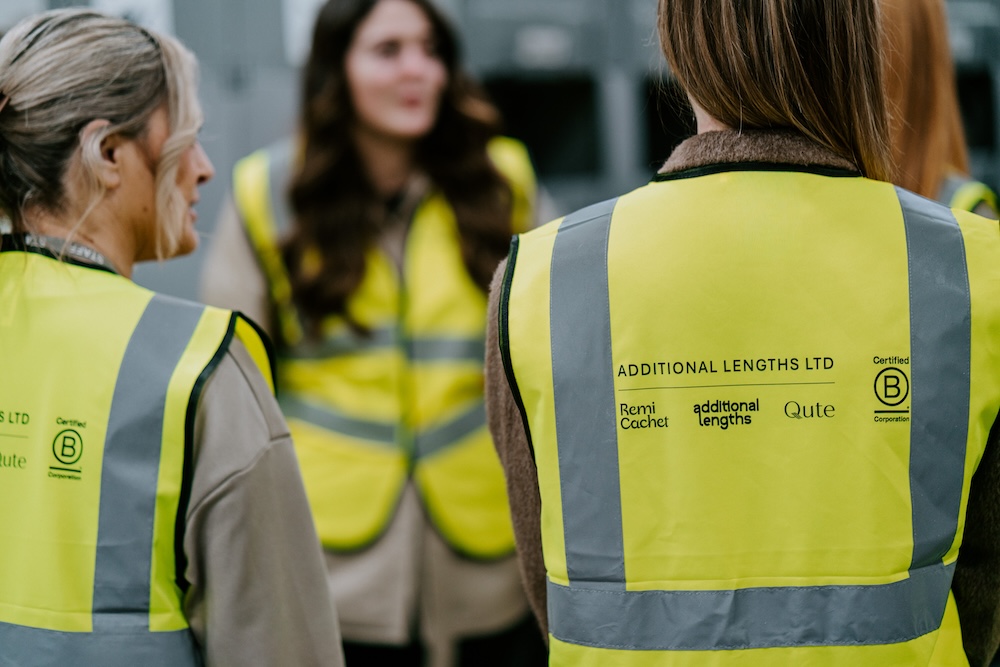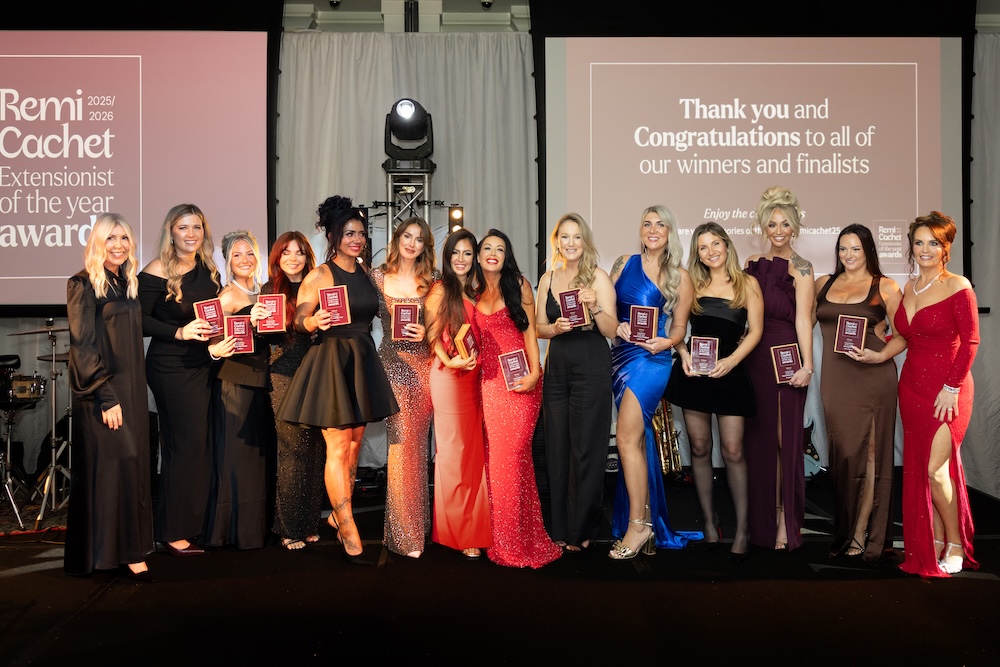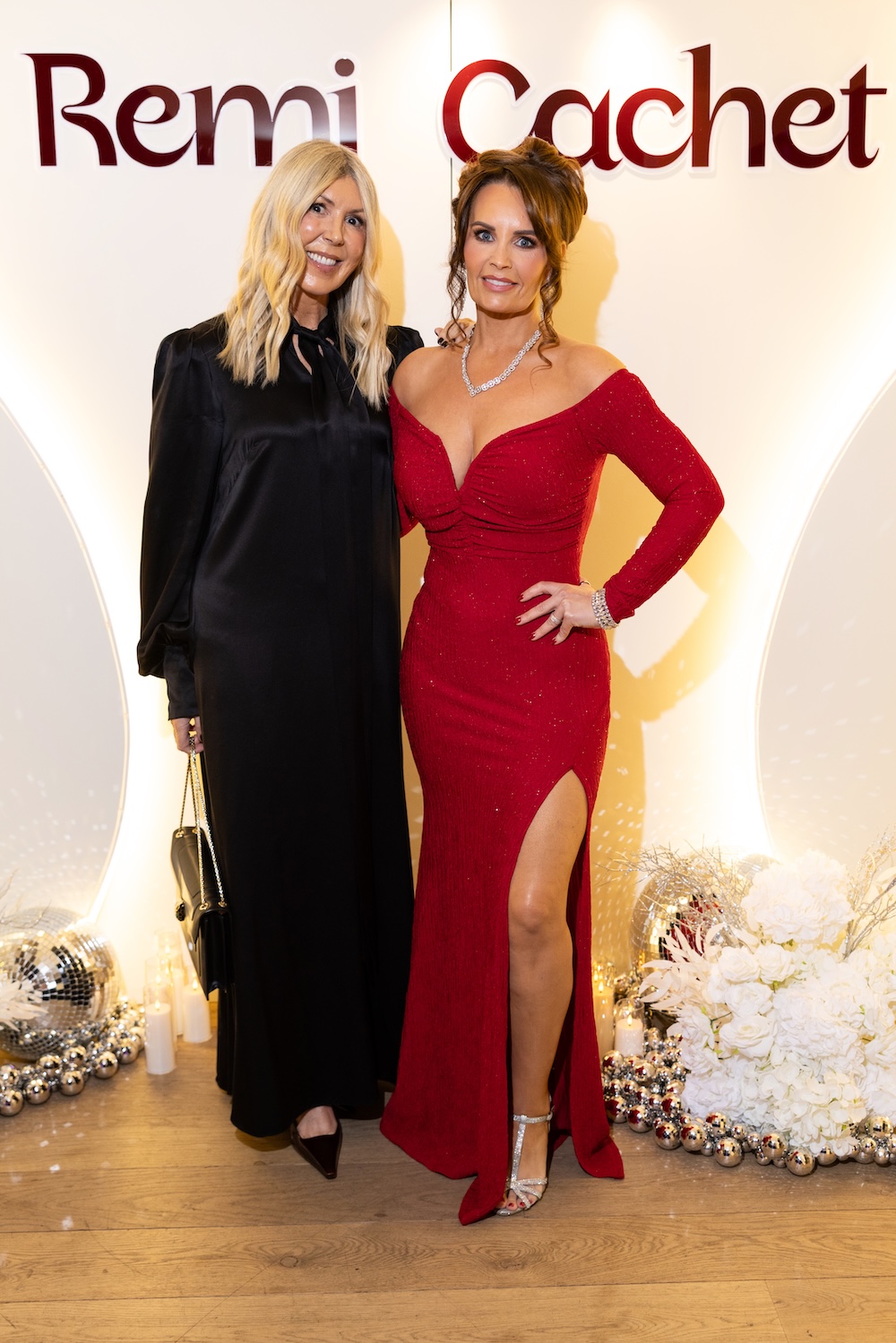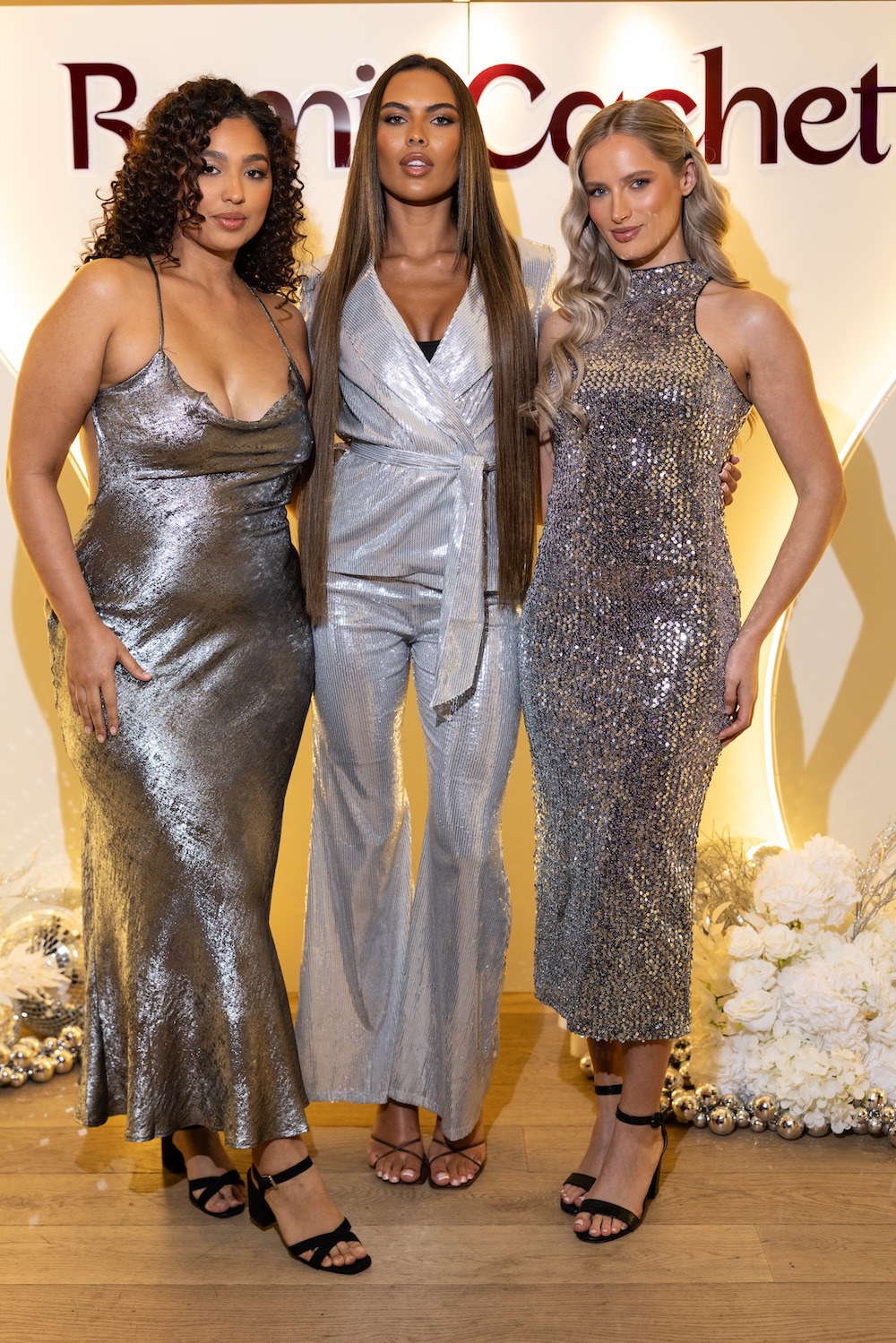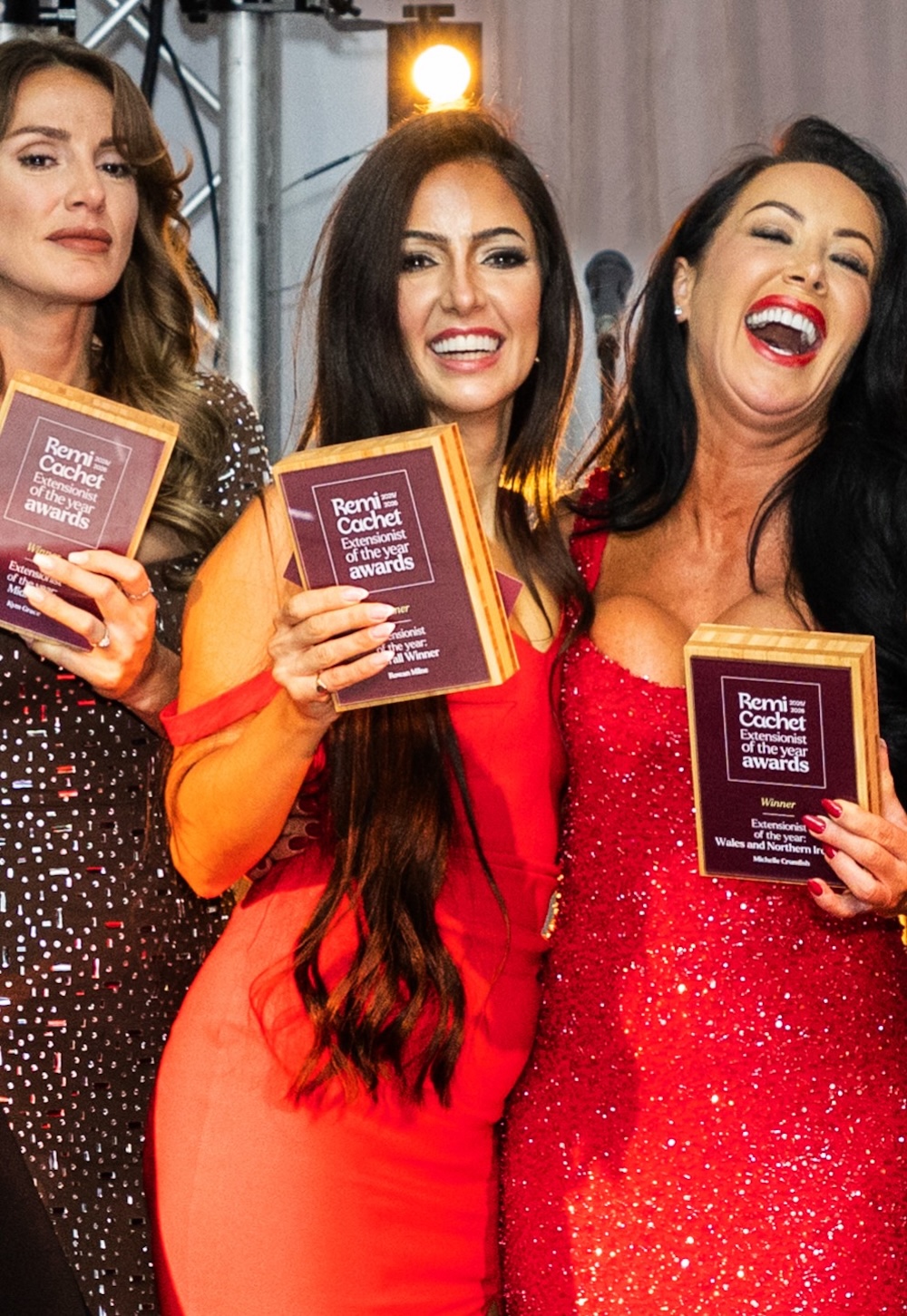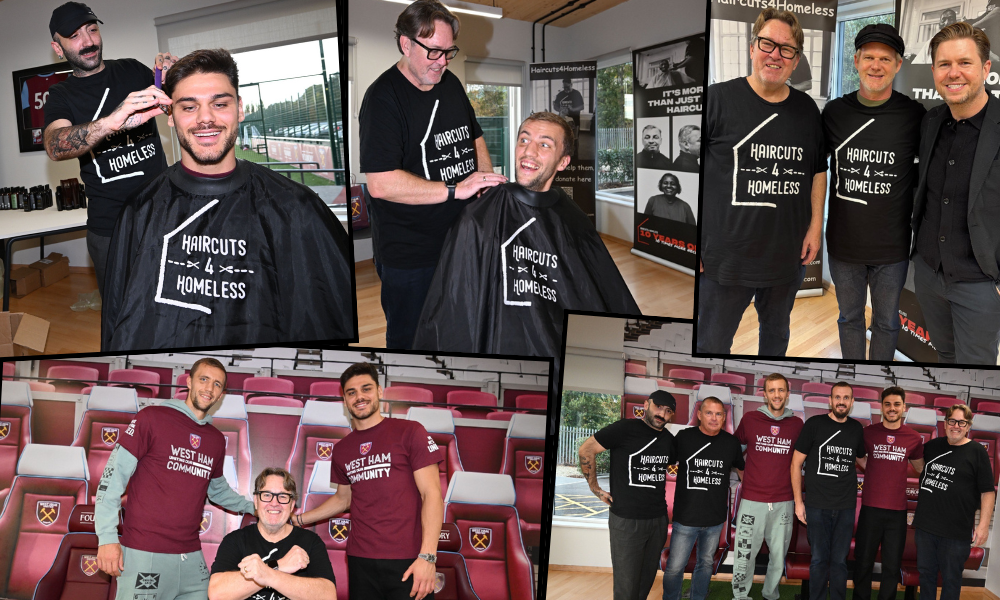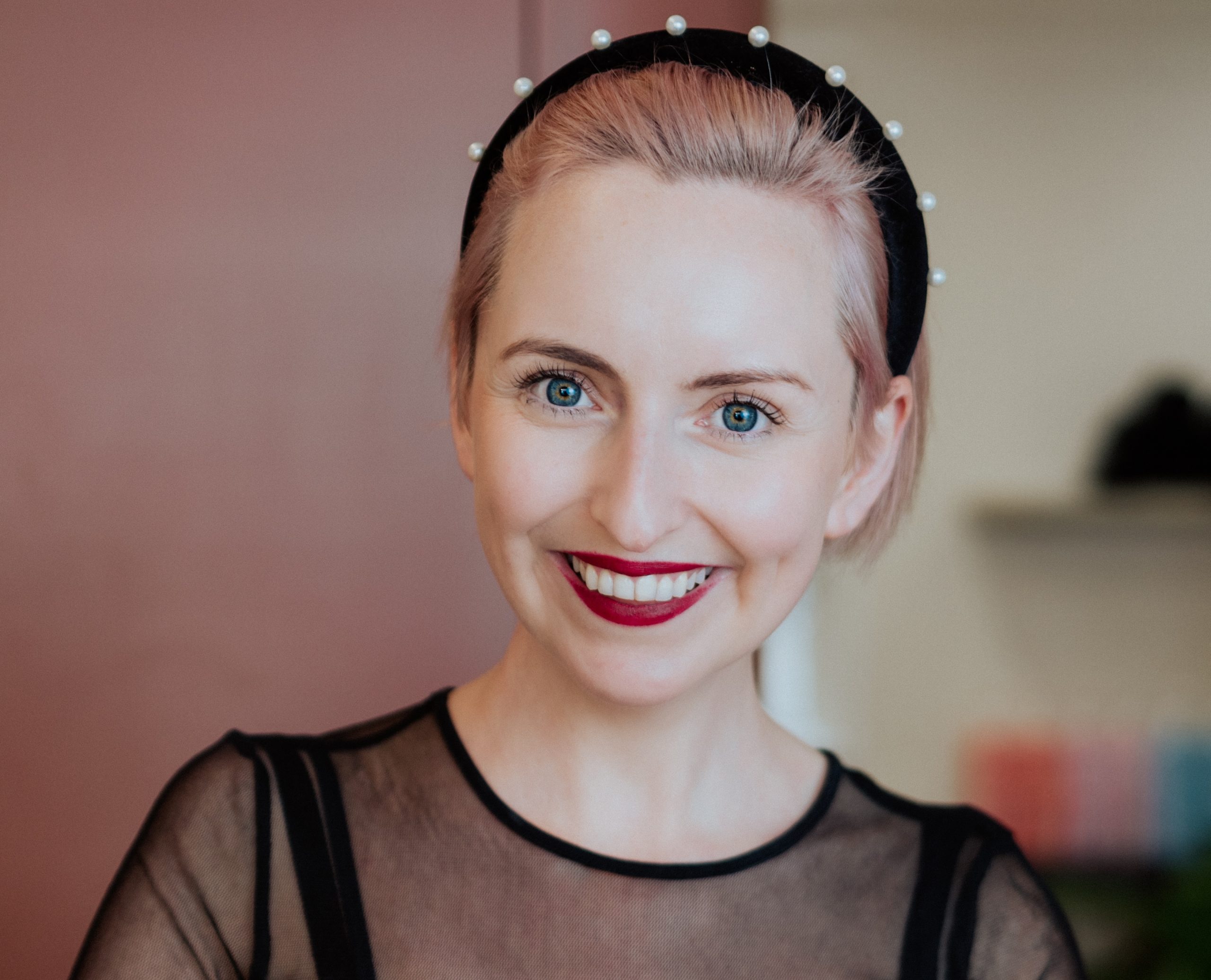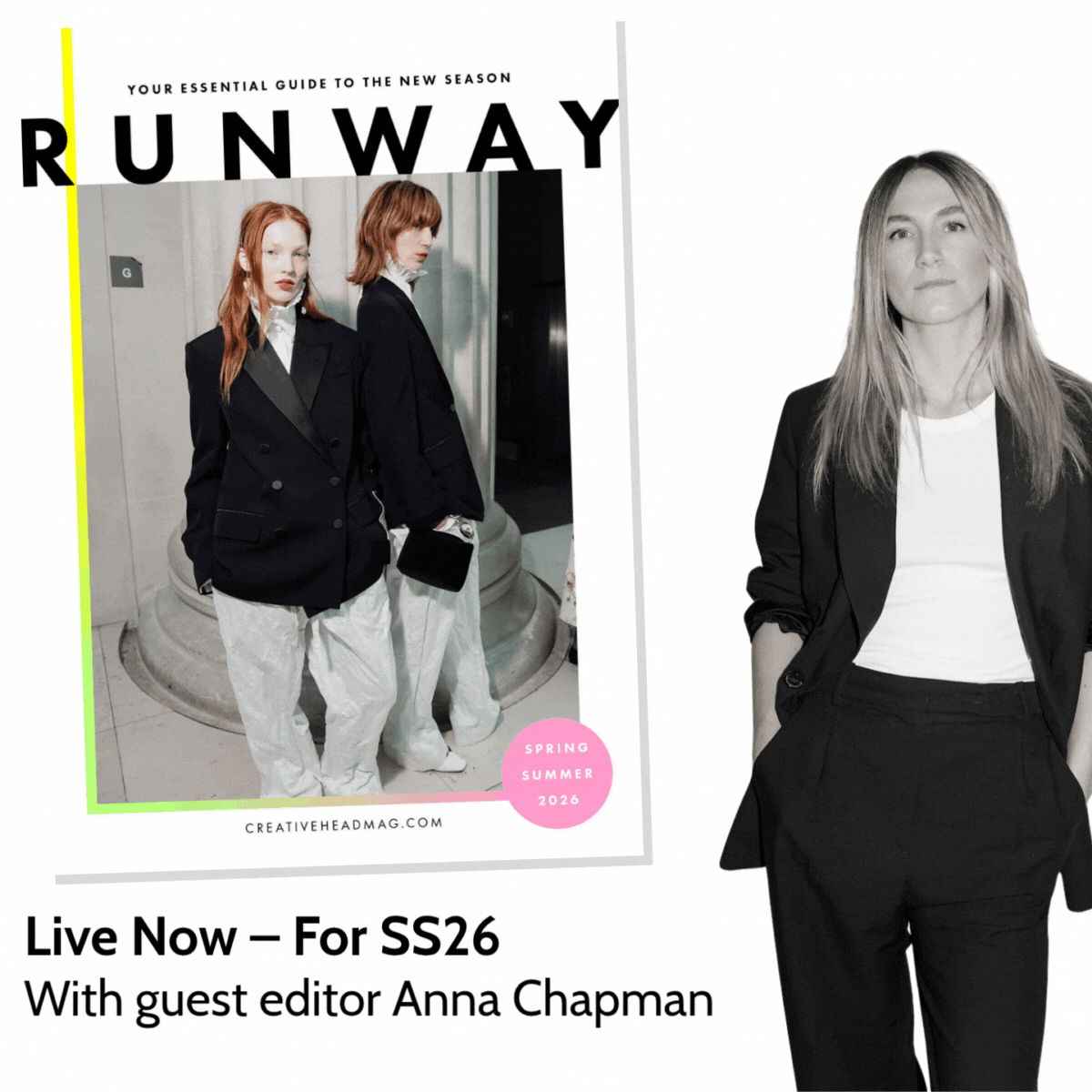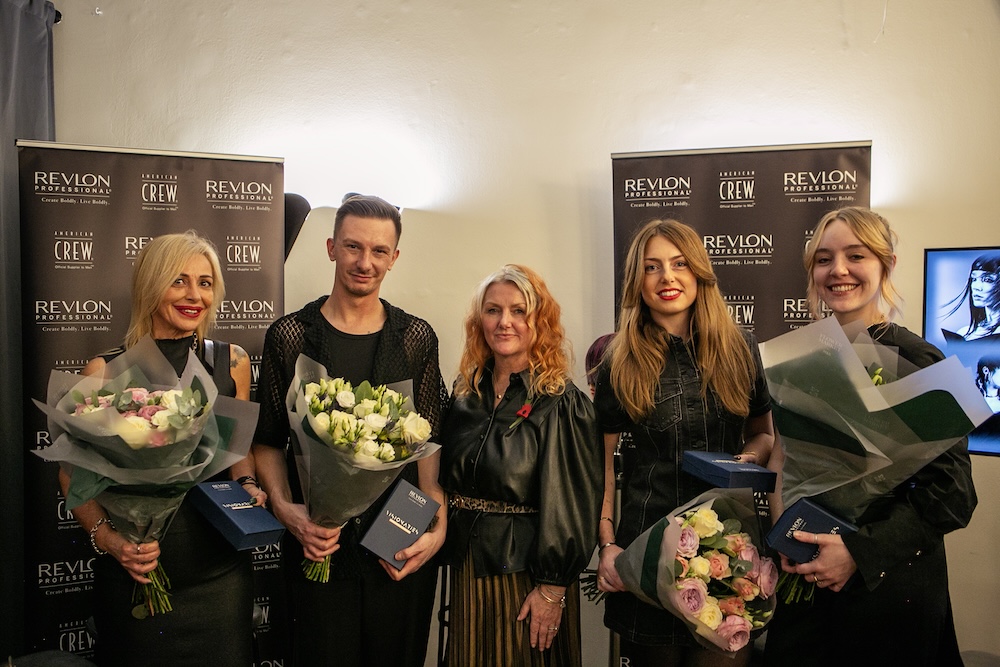
Visionaries: Remastered Graduate
Visionaries: Remastered Graduate
Closing ceremony to honour this year’s cohort from Revlon Professional mentoring scheme
by IZZY | INFORM

Irene Moreno, Lukas Payne, Karen Thomas, Ellie Smith and Phoebe Bashford
Creativity, collaboration and growth were at the heart of Revlon Professional’s Visionaries: Remastered closing ceremony, held at Electric Space, the event brought together this year’s four Visionaries – Phoebe Bashford, Lukas Payne, Ellie Smith and Irene Moreno – to celebrate the culmination of an intensive year-long mentoring programme.
“Visionaries: Remastered is about empowering talent to explore new ideas, take creative risks and discover their voice as artists,” said Revlon Professional education manager Karen Thomas. “We can’t wait to see what this year’s Visionaries achieve next.”
The afternoon showcased the cohort’s work through two photographic collections, Obscura and Evoke, directed and photographed by Danilo Giangreco, with both demonstrating how mentorship and collaboration can shape emerging talent. Guests also enjoyed a panel discussion, a live model presentation and a reception to mark the programme’s achievements.
Industry guests included Robert Masciave, Ceri Cushen, Danilo Giangreco, 2025 It List Visionary winner Emy Roccabella, Ian Harrold and judge Errol Douglas MBE, who presented each Visionary with a trophy. “Legacy isn’t built by chance, it’s built by those who care enough to guide, uplift and inspire,” he said. “Proud to play my part.”
